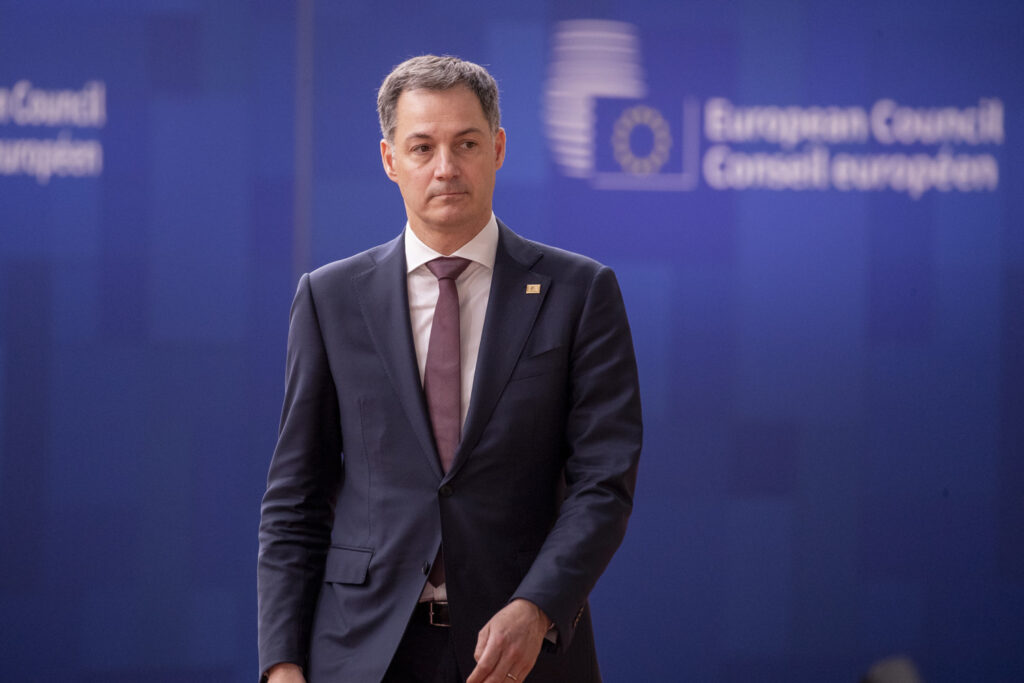The EU’s trade treaties need a kind of “geopolitical update” in view of the new global situation, Belgian Prime Minister Alexander De Croo said on Thursday, at the end of the first day of the European Union Summit in Brussels, which addressed Europe’s competitiveness, among other things.
“There is a very strong demand (in the Council) to do a kind of geopolitical update of everything we do,” De Croo noted.
“Trade treaties remain one of the most important tools of the EU, and the world has changed a lot in five years,” the Belgian Prime Minister added, in a reference to the time of Wallonia’s rebellion in 2016 against CETA.
De Croo calls for ‘a little less naivety’ on international trade
CETA, the EU-Canada Comprehensive Economic and Trade Agreement, entered into force provisionally in 2017, but has only been ratified by the Federal Government and Flanders.
Europe has “the will to remain the world’s most important trading bloc, to continue to trade with the rest of the world, but a little more strategy, a little less naivety,” De Croo said.
As part of its competitiveness policy (which includes zero-emission industry and regulations on critical raw materials, etc.) the Commission is making no secret of its ambition to finalise a treaty with Mercosur – Brazil, Paraguay, Uruguay and Venezuela.
An agreement was reached in 2019, but several countries, including France, blocked it under the presidency of Jaïr Bolsonaro in Brazil.
Eyes on Mercosur with Brazil’s Bolsonaro out of the way
Now that Brazilian President Lula has returned to power and is open, among other things, to safeguards against deforestation, the upcoming Spanish presidency of the EU Council in the second half of 2023 could be an opportunity, six months before Belgium takes over at the helm of the Council.
Council President Charles Michel, who was Prime Minister at the time of the Walloon rebellion against the CETA, said he saw a convergence at the Council around the idea that international trade is an important pillar of prosperity, “as well as an instrument to spread our values, with social and environmental standards.”
“We had a good debate to develop more effective methods in the future,” he disclosed.

